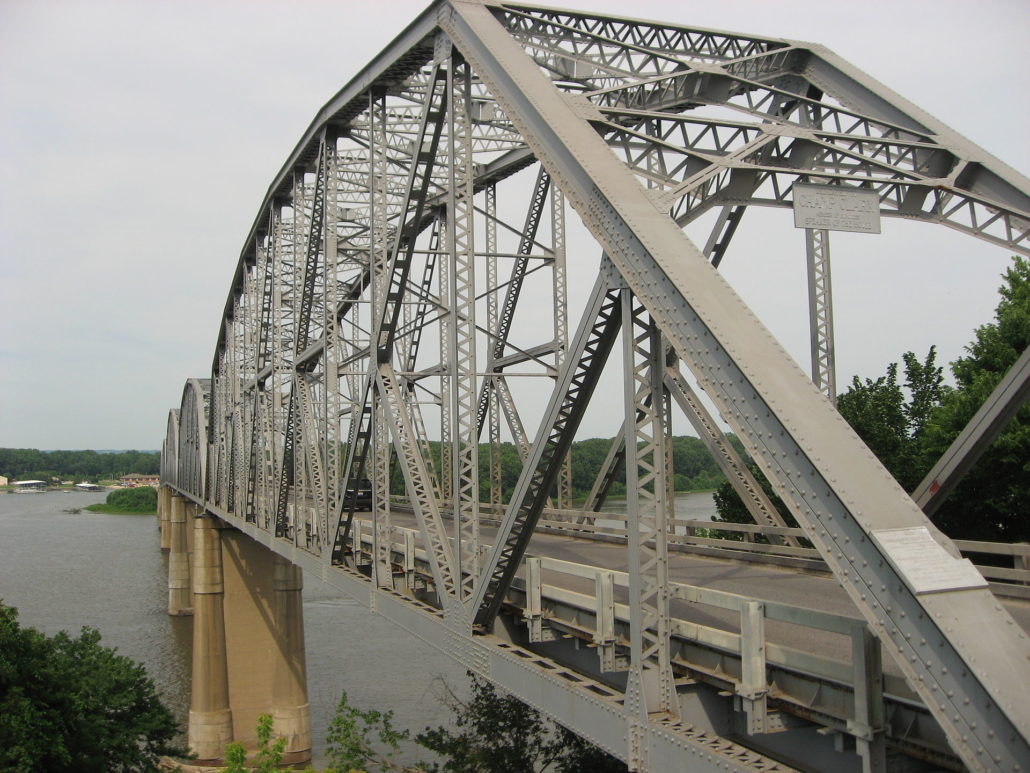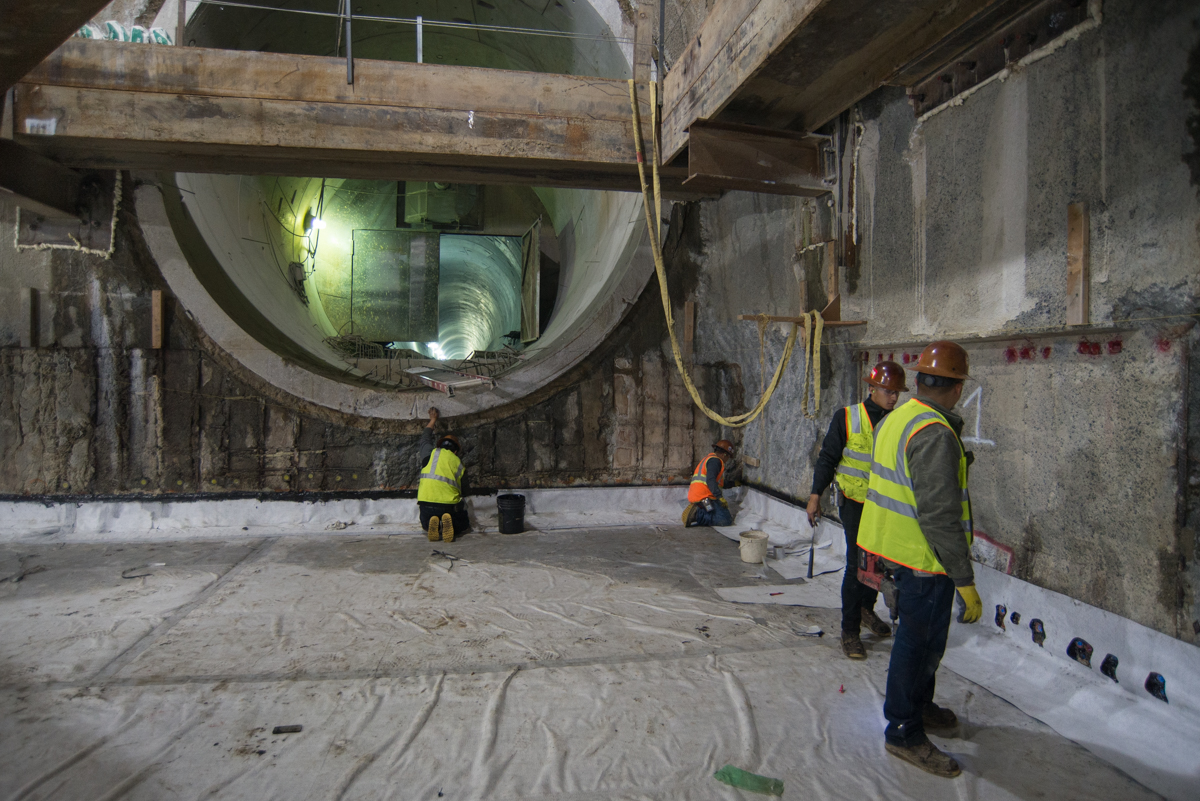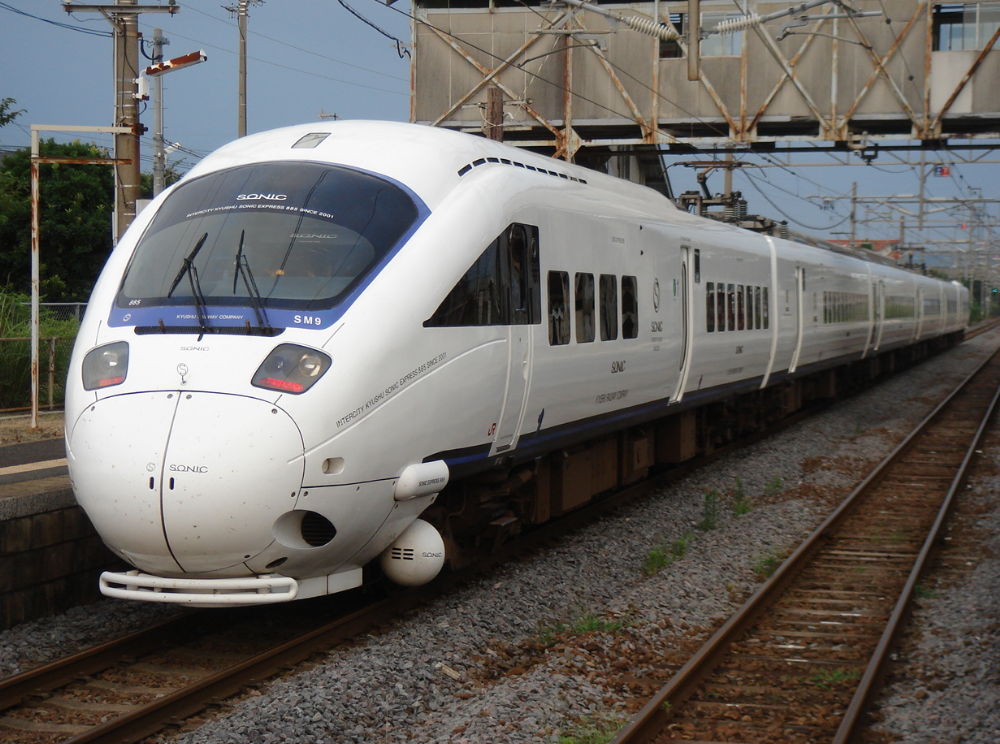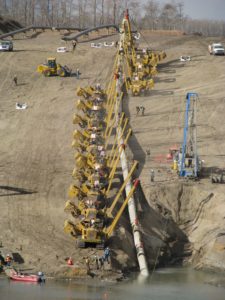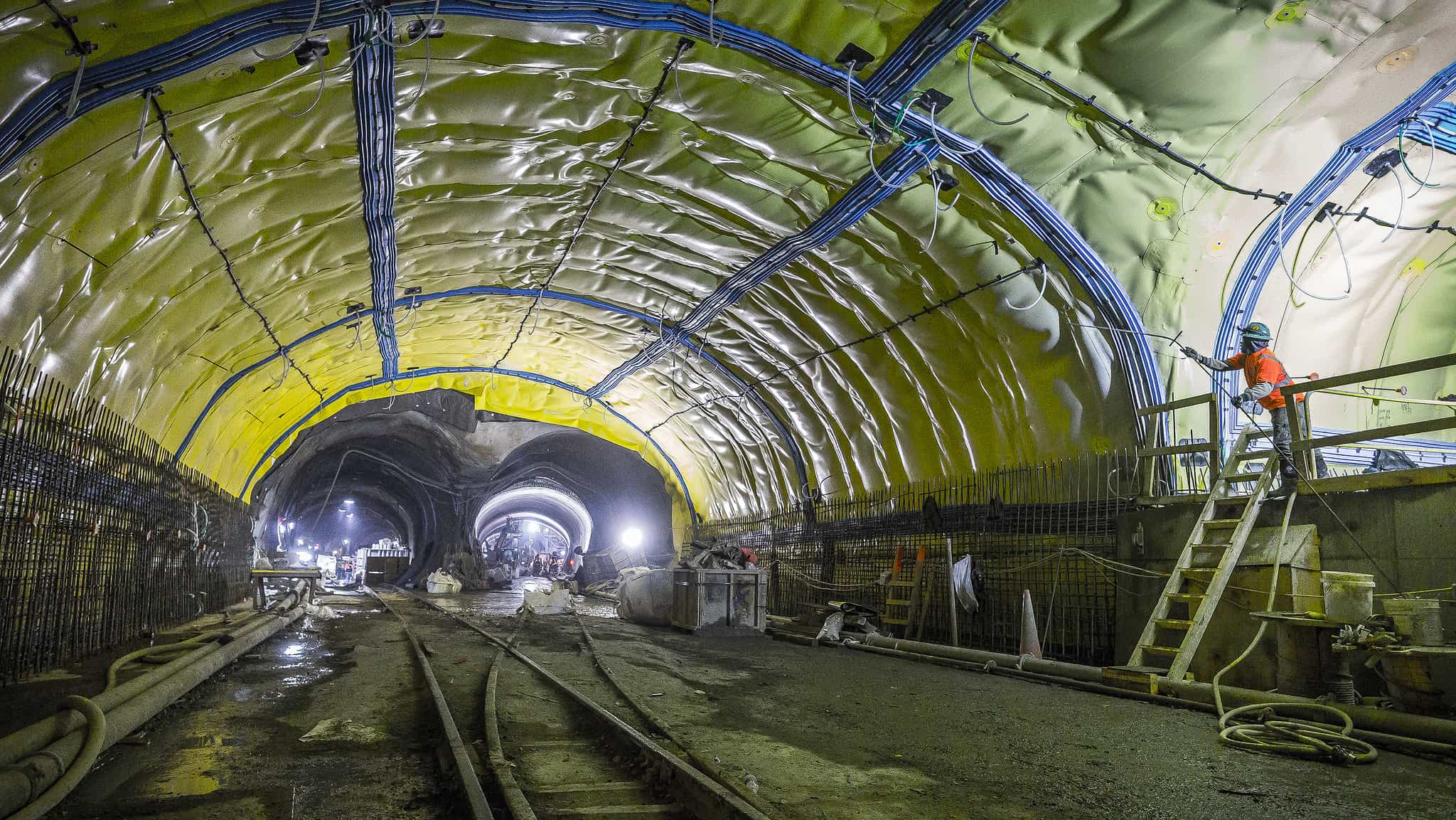TILOS Linear Infrastructure Project News | June 2017

(Photo Copyright David Michael Lamb/CBC) http://www.cbc.ca/news/multimedia/driving-to-the-top-of-the-world-exploring-canada-s-new-arctic-highway-1.4073615
TILOS Software | Linear Infrastructure Investment Project News | June, 2017
Each month TILOS Americas publishes Linear Scheduling News, a curated selection of articles about infrastructure projects, linear scheduling, and all things TILOS. This month’s news can be summarized in a lot of talks and agreements around Linear Infrastructure Investments.
Final Winter Construction Completed On First Public Highway to The Arctic Ocean.
Canada will at last be connected coast to coast to coast with the completion of the Inuvik-Tuktoyaktuk highway, which will be the first public highway to the Arctic ocean.
After four years of construction in brutally harsh conditions, the last 137 kilometres connecting Inuvik to Tuktoyaktuk, on the shores of the Beaufort Sea are complete.
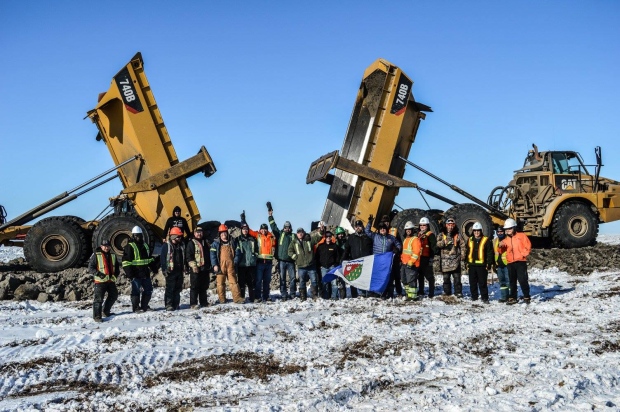
Image Credit CBC.ca: Crew members standing on the gravel where the two sides of the Inuvik to Tuktoyaktuk Highway met. (EGT Northwind)
Slated to open November 2017, this $299 million project is expected to decrease the cost of living and increase tourism in the remote areas of Canada’s north.
South America To Benefit From China’s Global Infrastructure Investment:
On May 14th & 15th the leaders of 27 countries met to discuss implementation of the Belt & Road initiative, Chinese President’ Xi Jinping’s proposed development strategy. Primarily designed to increase China’s global leadership through investment in infrastructure the development plan may extend as far as Latin America.

People take pictures of the ”Golden Bridge on Silk Road” installation by artist Shu Yong, set up ahead of the Belt and Road Forum in Beijing, China May 10, 2017. | Photo: Reuters
Chilean President proposed several options for Latin American involvement, such as a possible joint investment in “a Trans-Pacific optic fiber cable to improve digital connectivity or tunnels and highways across the Andes Mountains and ports to link South America to Asia.”
In 2015, Xi had pledged to double bilateral trade between China and Latin America to $500 billion and increase investment to $250 billion over the next decade.
Blackstone, Saudi’s PIF plan $40 billion investment fund to rebuild US “crumbling” infrastructure
During the Saudi-US CEO Forum 2017, May 20th, billions of dollars of deals were signed. US President Donald Trump participated in talks to to raise $40 billion in international investment, primarily for US infrastructure.
The Public Investment Fund, Riyadh’s main sovereign wealth fund, and U.S. private equity firm Blackstone said they were studying a proposal to create a $40 billion vehicle to invest in infrastructure projects, mainly in the United States.
The vehicle would obtain $20 billion from the PIF and with additional debt financing, might invest in over $100 billion of infrastructure projects – a political boon to Trump, who has said he wants to rebuild crumbling U.S. infrastructure.
The new fund “reflects our positive views around the ambitious infrastructure initiatives being undertaken in the United States as announced by President Trump,” the PIF’s managing director Yasir al-Rumayyan said.
Australian super funds “ready” to invest in Latin American infrastructure projects
Australian’s Industry super funds investments in European, North American and Australian airports, seaports, railways, highways and utilities total some AUD75bn, and now this powerful private capital organization is ready to reinvest in Latin America.
Stephen Anthony, chief economist of the Industry Super Association, told an audience of bankers and industry players from Chile, Mexico, Colombia and Peru that Australian industry super funds are ready to go to Latin America.
He named six countries as the “first targets”: Chile, Mexico, Brazil, Columbia, Argentina and Peru, naming the former two as the more mature markets.
About TILOS Americas
A favourite of leading infrastructure companies across the globe, TILOS linear scheduling software gives Project Planning Managers, Contractors, and Project Owners the ability to create and execute a reliable, comprehensive and easy to communicate linear project plan.
Trimble TILOS software was developed specifically to address the unique challenges of linear projects such as roads, railway, pipeline, bridges for professionals in the construction, engineering and energy sectors.


